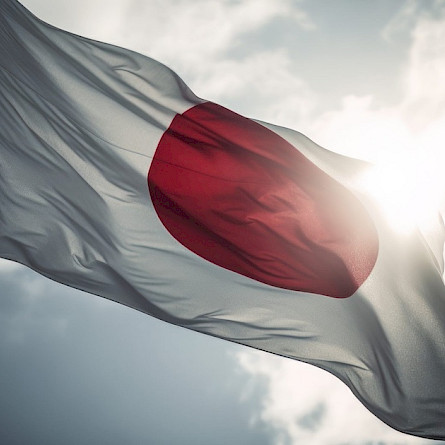Indeed, several Japanese companies were holding excessive amounts of cash and were not striving to create value by optimizing their capital allocation. Moreover, cross-shareholding, a practice that allows companies to hold shares in each other, prevented foreign investors from taking a controlling stake in most Japanese companies.
However, governance reforms have led to a greater openness to foreign investors. This may be what prompted Berkshire Hathaway to take significant stakes in a few Japanese companies in 2020. The Japan Times reports that activist investors made over 100 investments totaling $318 billion in Japan in 2024. In summary, the improvement in governance, combined with attractive stock valuations, is increasingly drawing foreign investors.
In this context, it seems natural to see Couche-Tard attempting a major acquisition in Japan. The acquisition of Seven & I, which seemed impossible a few years ago, is now more likely due to more favorable conditions.
Over the years, Couche-Tard has developed a proven formula for improving the profitability of the convenience stores it acquires. A striking example is the acquisition of Circle K in 2003, whose profitability literally exploded after being acquired by Couche-Tard. Even though the market remains fragmented in the United States and there are still several acquisition targets, we believe it is becoming increasingly difficult for Couche-Tard to replicate its past successes in the country. Many investors, including private equity firms, are trying to replicate Couche-Tard’s winning formula, making it difficult to realize acquisitions at good prices.
The potential acquisition of Seven & I could prove beneficial for Couche-Tard, given the potential for profitability improvement. In recent years, the performance of the Japanese firm has remained mixed. This type of financial underperformance over several years is generally less common in the United States. The presence of activist investors and the numerous acquisitions naturally eliminate underperforming companies. This dynamism is still less present in Japan.
However, big questions remain. Will the Japanese government accept letting foreigners control this major Japanese company? What conditions will be imposed? The acceptance of such a transaction could not only have positive outcomes for Couche-Tard but also significant implications for Japan’s economy. Many foreign investors might now look to the Land of the Rising Sun for future investments.
This blog was my last one for the summer. Next week, Philippe Le Blanc will resume writing his weekly blogs. Thank you and see you soon!
_______
Jean-Philippe Legault is Portfolio Manager at COTE 100.
His blog is published in






